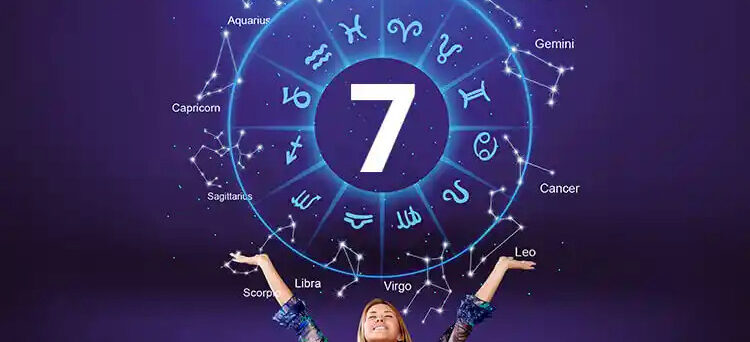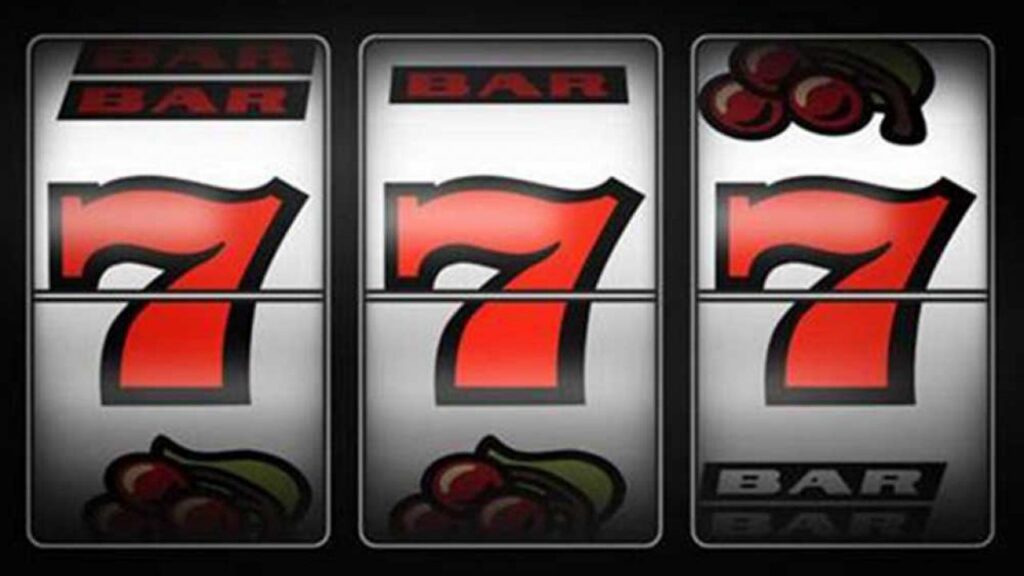I want to start by saying that luck, in all its enigmatic glory, has captured human fascination for centuries. From rabbit’s feet to four-leaf clovers, people have sought ways to harness luck’s mysterious power. So, what makes 7 lucky? Is there a cosmic force behind it, or is it just a mathematical coincidence? Let’s delve into the intriguing world of lucky number 7 and uncover its secrets. This article is presented by Localvaluemagazine.com.
The Allure of 7: A Universal Fascination
Lucky number 7 holds a universal allure that transcends cultural boundaries. It’s no coincidence that this number appears in numerous historical and religious contexts. In many cultures, 7 is associated with perfection, divinity, and completion. The ancient Egyptians, for example, believed in seven heavens, while Hinduism embraces the concept of seven chakras as sources of spiritual energy. Discover how to increase luck.
Mathematics and Magic: The Perfect Pair
Behind the mystique of 7 lies an interesting mathematical aspect. When it comes to divisibility, 7 stands as an outlier. It’s not easily divisible like 2, 3, or 5. This rarity might contribute to its perception as a special number, one that escapes the mundane divisions of everyday life. In a world bound by numbers, 7 seems to possess a touch of magic.
Cultural Significance: Stories and Symbolism
Stories often mirror cultural beliefs, and lucky number 7 is a recurring character. In literature and folklore, it frequently represents positive outcomes and auspicious events. Think about the seven wonders of the ancient world or the seven dwarfs in Snow White. These instances reinforce the notion that 7 carries a touch of enchantment.
Luck and the Human Mind: Cognitive Quirks
The human mind is wired to seek patterns and make connections. This cognitive quirk might explain why we find significance in the number 7. It’s prominent in our lives: seven days of the week, seven continents, and seven colors of the rainbow. These patterns resonate with our minds, making 7 feel more familiar and, in turn, luckier.
The Gambler’s Dilemma: Betting on 7
In the world of gambling, the allure of 7 reaches its peak. Craps tables in casinos are adorned with bets centered around this mystical number. Rolling a 7 is often seen as lucky, while statistics and probabilities take a back seat to intuition and chance. This illustrates how the concept of luck is deeply ingrained in our decisions.
The Cultural Kaleidoscope: 7 Around the World
The significance of 7 isn’t confined to a single culture; it’s a global phenomenon. In China, 7 is associated with togetherness and unity. The seventh day is often chosen for celebrations. In Western culture, it’s linked to fortune and magic. And in many African cultures, it represents spirituality and connection with the divine.
The Science of Synchronicity: When 7 Appears
Beyond cultural contexts, the number 7 appears in scientific phenomena. There are seven classical planets in astronomy, and the rainbow showcases seven colors. Synchronicity or not, the recurrence of 7 across various disciplines continues to fuel our fascination with its perceived luck.
Conclusion
In the world of fine jewelry, the Owner of Zcova embraces the symbolic power of 7, infusing it into stunning creations that reflect the complexity and beauty of this universally lucky number.
FAQs
Q1: Is lucky number 7 the same across all cultures?
A1: While the concept of luck and the significance of numbers can vary between cultures, 7 holds a special place in many of them.
Q2: Why do casinos often feature the number 7 in games of chance?
A2: The allure of luck is a powerful psychological factor in gambling. 7’s reputation as lucky makes it an attractive choice for betting.
Q3: Are there any scientific explanations for the luck associated with 7?
A3: The connection between luck and the number 7 is often rooted in cultural and psychological factors rather than strict scientific explanations.
Q4: How does the human brain perceive patterns like lucky numbers?
A4: The human brain is wired to find patterns and significance in various phenomena, which can lead to the perception of certain numbers as lucky.
Q5: Can luck be quantified or scientifically proven?
A5: Luck, being a subjective and often superstitious concept, is difficult to quantify scientifically. It largely depends on individual beliefs and experiences.


